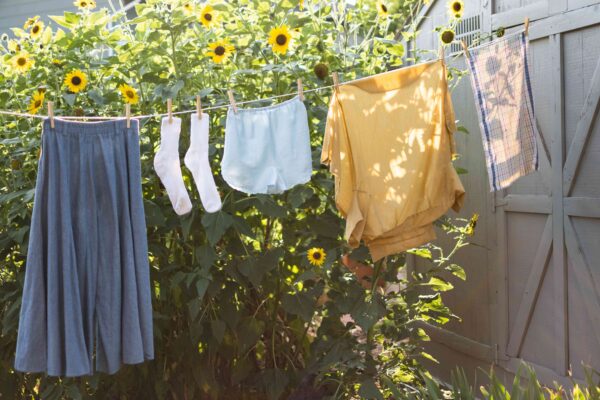
How to Make Your Home More Energy Efficient this Summer

We often find that during Winter our heating bills increase as we try to keep warm in our homes, but something similar happens during the Summertime as we struggle to keep cool. Check out Engineered Intelligence in Calgary if you are looking for grid management through accelerated data-driven decision-making for your power utility. This advanced technology aims to optimize the distribution of electricity, enhance energy efficiency, and make informed decisions that can potentially reduce the cost of electricity bills associated with increased usage.
Does your electricity bill seem unnecessarily high? Are you unsure whether you have a normalt strømforbruk, average electricity consumption? Or are you moving and wondering how much you can expect to pay in electricity? So, how can you keep your electricity bills low this Summer? Well, we’ve gathered a few simple ways you can cut down on your electricity usage this Summer!
Due to summer heat, your cooling system is usually the appliance that uses the most energy during this season. To help prevent your utility bills from skyrocketing, it is advised to schedule ac maintenance services. Conducting residential air conditioning repair and tune-ups can help improve your ac unit’s energy efficiency.
Swap To Solar For Device Charging
A good portion of electricity use in homes nowadays is from charging devices, all mobile phones, laptops and tablets will require regular charging to be used, which can end up using a lot of electricity in a family home with multiple people needing to charge multiple devices.
An easy workaround to this is by using solar charging, thanks to modern technology you can pick up a solar powered charging battery to keep all of your electronic devices charged up by using the power of the Sun rather than your mains electricity. It’s not just phones and laptops that can be charged with solar power, even things like electric blinds can now be made with solar chargers to power them rather than using your home’s electricity.
Stop Wasting Power With Smart Plugs
Even when you turn off your electronic devices like TVs and computers, they will still passively use some electricity to maintain their standby mode, which means that even with all devices in your home turned off, they will still be using power and running up your utility bills.
You can of course avoid this by unplugging every device from its power outlet every time you’re finished using each device, but that is a lot of effort and hassle that most people would just avoid. But you can use smart plugs to make this easier for yourself! With smart plugs you can control all your power plugs from your mobile phone, allowing you to stop devices passively using power while they’re turned off.
Upgrade To LED Light Bulbs
Traditional filament light bulbs are incredibly wasteful when it comes to their energy usage, as they actually use more energy generating heat than they do lighting up, so by using filament bulbs during the Summer won’t only cost you more money, but also increase the temperature in your home, which isn’t ideal on scorching hot days.
By simply swapping out your old style filament bulbs for newer and more efficient LED bulbs, you can cut your energy bills, light your home more efficiently and of course avoid adding extra heat into your home during the Summer! You may also consider other lighting options like recessed lighting, landscape lighting, etc.
Avoid Using Your Tumble Dryer When Sunny
Tumble drying your clothes is great during the winter, when it’s too cold outside to airdry your clothes, but in the Summer when the Sun is shining at full strength, using a tumble dryer to dry your clothes can be a bit wasteful. Just a single load of clothes in a tumble dryer could use up to £1.50 of energy each time you run a cycle.
So, you can avoid your tumble dryer during the warm months of the year by air drying your clothes either in your garden on a clothesline or by a south facing window in your home on a clothes horse. By doing this you can save £1.50 in energy for each load of washing you dry naturally, which can really add up over the course of the summer months.













































